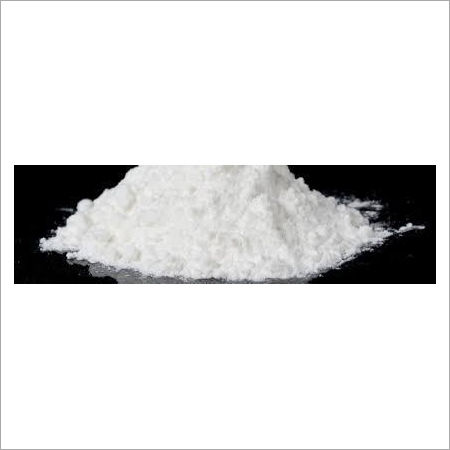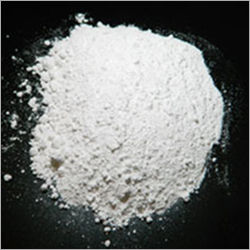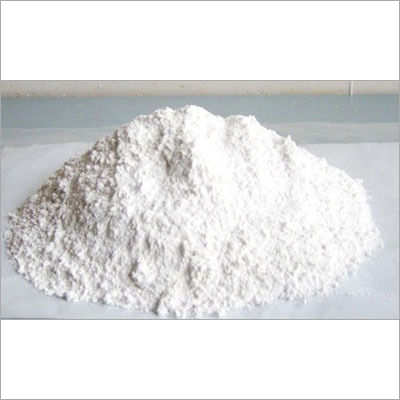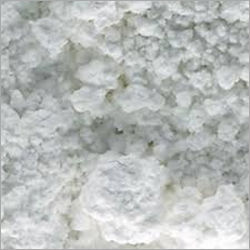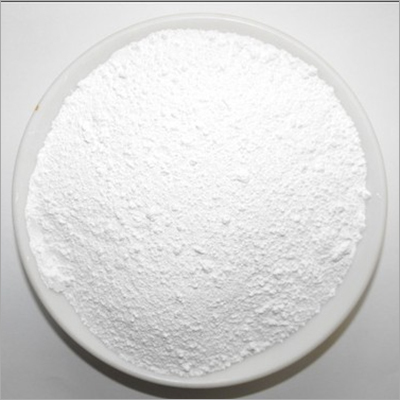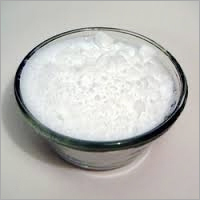Call Us : 08045816053
Synthetic Barium Sulphate
Product Details:
- Storage Room Temperature
- Molecular Formula BaSO4
- Form Powder
- Melting Point 1,580 degree centigrade
- Solubility Insoluble in water
- Density 4.5 Gram per cubic centimeter(g/cm3)
- Grade Industrial Grade
- Click to View more
X
Synthetic Barium Sulphate Price and Quantity
- 25 Kilograms
Synthetic Barium Sulphate Specification
- 1,580 degree centigrade
- Room Temperature
- BaSO4
- Powder
- Insoluble in water
- 4.5 Gram per cubic centimeter(g/cm3)
- It is used to help doctors examine the esophagus (tube that connects the mouth and stomach), stomach, and intestine using x-rays or computed tomography.
- Industrial Grade
Synthetic Barium Sulphate Trade Information
- Cash in Advance (CID)
- 7 Days
- Yes
- Free samples are available
- Plastic Bags / Paper Bags
- Eastern Europe Africa Central America Australia Middle East South America Western Europe Asia North America
- All India
- ISO 9001:2008
Product Description
Over the years of dedication, we have been a prominent supplier of Synthetic Barium Sulphate for our widely spread clients. It is extensively used in ink and paint industries as a raw material. It is processed using qualitative ingredients and progressive technology under the supervision and guidance of our experts. This chemical compound is thus appreciated and demanded in both domestic as well as overseas markets. We offer this at highly cost effective prices and strive to deliver within a set time period.
Synthetic Barium Sulphate Properties:
Physical Properties:
1. Appearance: Synthetic barium sulfate is a white, odorless powder.
2. Density: It has a relatively high density of around 4.5 grams per cubic centimeter.
3. Melting Point: The melting point of synthetic barium sulfate is approximately 1,580 degree centigrade (2,876 degree fahrenheit).
4. Solubility: Barium sulfate is practically insoluble in water and organic solvents, making it highly resistant to dissolution.
Chemical Properties:
1. Chemical Formula: BaSO4
2. Stability: Synthetic barium sulfate is chemically stable and non reactive under normal conditions.
3. Acid Resistance: It is highly resistant to acids, including strong mineral acids such as hydrochloric acid and sulfuric acid.
4. Reactivity: Barium sulfate does not undergo significant chemical reactions with most common chemicals. However, it can react with certain strong reducing agents, such as powdered aluminum and magnesium, at high temperatures.
Other Properties:
1. Radiopacity: Barium sulfate has excellent radiopacity, making it useful as a contrast agent in X ray and CT scans. It is not toxic and does not pose a risk to patients when used in medical imaging.
2. Particle Size and Purity: Synthetic barium sulfate particles can vary in size, typically ranging from nanometers to micrometers. The purity of the compound depends on the manufacturing process and can be tailored for specific applications.
3. Insolubility: The insolubility of barium sulfate in the gastrointestinal tract makes it an effective agent for imaging studies of the digestive system, such as barium meals or barium enemas.
Frequently Asked Questions:
Q: What is synthetic barium sulfate used for?
A: Synthetic barium sulfate has various applications. It is commonly used as a filler in paints, coatings, and plastics to enhance their opacity, brightness, and resistance to weathering. It is also used as a radiopaque contrast agent in medical imaging, such as X rays and CT scans. In addition, barium sulfate is utilized in oil well drilling fluids as a weighting agent.
Q: Is synthetic barium sulfate toxic?
A: Synthetic barium sulfate is considered relatively non toxic. It is not absorbed by the body and passes through the gastrointestinal tract without being metabolized. However, in large amounts, it can cause harm if ingested or inhaled. It is important to handle it with care, follow safety guidelines, and avoid direct contact or ingestion.
Q: Can synthetic barium sulfate be dissolved in water or other solvents?
A: No, synthetic barium sulfate is practically insoluble in water and organic solvents. This insolubility is one of its desirable properties, as it allows it to be used as a stable and non reactive substance in various applications.
Q: Does synthetic barium sulfate have any environmental impacts?
A: Barium sulfate is generally considered environmentally inert and does not pose significant environmental risks. However, as with any chemical substance, it is important to handle and dispose of it properly according to local regulations to prevent contamination of water or soil.
Q: Can synthetic barium sulfate be recycled or reprocessed?
A: Synthetic barium sulfate is not typically recycled or reprocessed due to its low cost and abundance. After use, it is often disposed of as non hazardous waste following appropriate waste management procedures.
Q: Are there any alternatives to synthetic barium sulfate?
A: Yes, there are alternative materials that can serve similar purposes in various applications. For example, in the medical field, alternative contrast agents may be used for specific imaging procedures. In paint and coating industries, other fillers or opacifying agents can be employed. The choice of alternative depends on the specific requirements and desired properties for a particular application.
FAQs of Synthetic Barium Sulphate:
Q: What is Synthetic Barium Sulphate?
A: Synthetic Barium Sulphate is a powder that is commonly used in medicine to help doctors examine the esophagus, stomach, and intestine using x-rays or computed tomography.Q: What is the grade of Synthetic Barium Sulphate?
A: Synthetic Barium Sulphate is an industrial grade product.Q: What is the melting point of Synthetic Barium Sulphate?
A: The melting point of Synthetic Barium Sulphate is 1,580 degree centigrade.Q: What is the solubility of Synthetic Barium Sulphate?
A: Synthetic Barium Sulphate is insoluble in water.Q: What is the molecular formula of Synthetic Barium Sulphate?
A: The molecular formula of Synthetic Barium Sulphate is BaSO4.Q: What is the density of Synthetic Barium Sulphate?
A: The density of Synthetic Barium Sulphate is 4.5 Gram per cubic centimeter(g/cm3).Q: How should Synthetic Barium Sulphate be stored?
A: Synthetic Barium Sulphate should be stored at room temperature.Enter Buying Requirement Details
 English
English Spanish
Spanish French
French German
German Italian
Italian Chinese (Simplified)
Chinese (Simplified) Japanese
Japanese Korean
Korean Arabic
Arabic Portuguese
Portuguese
